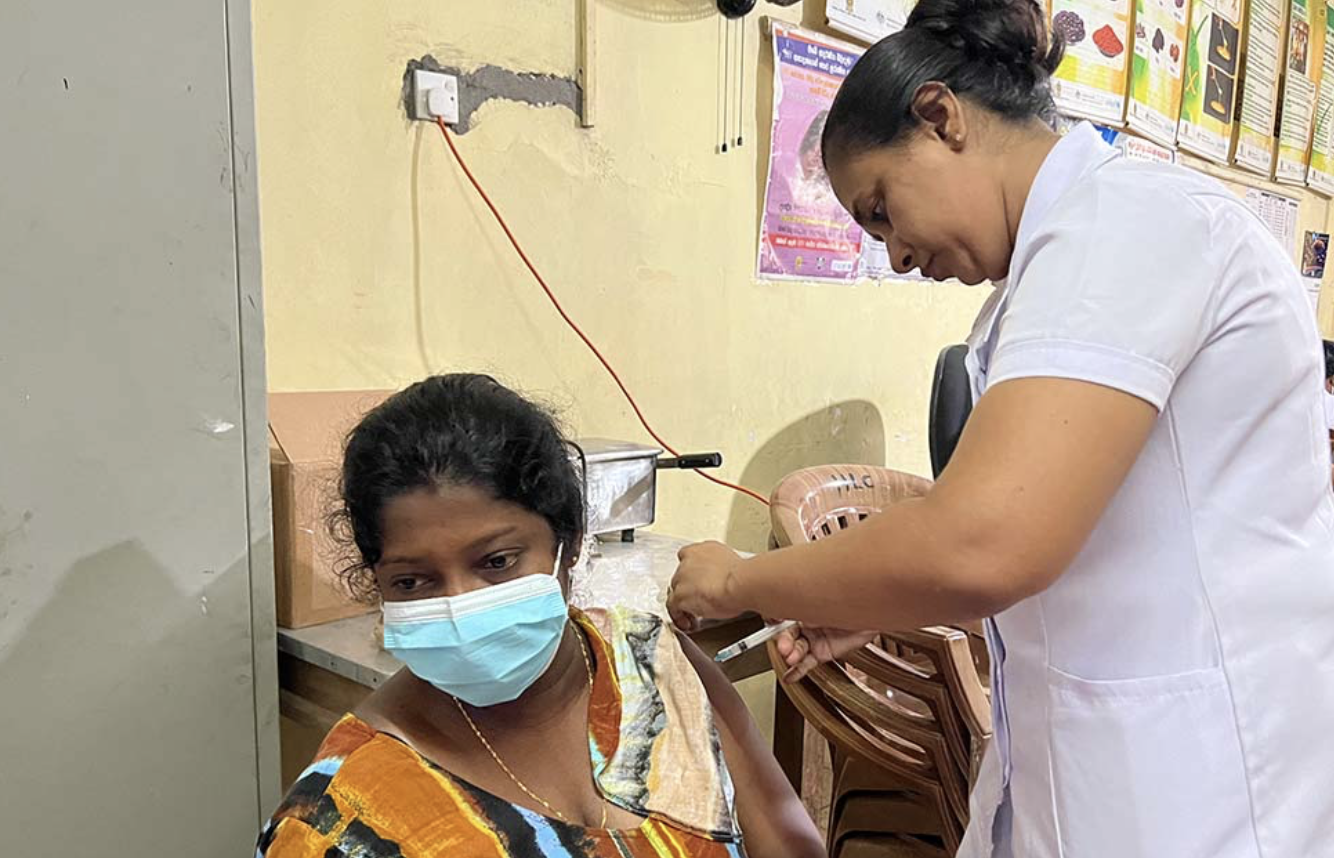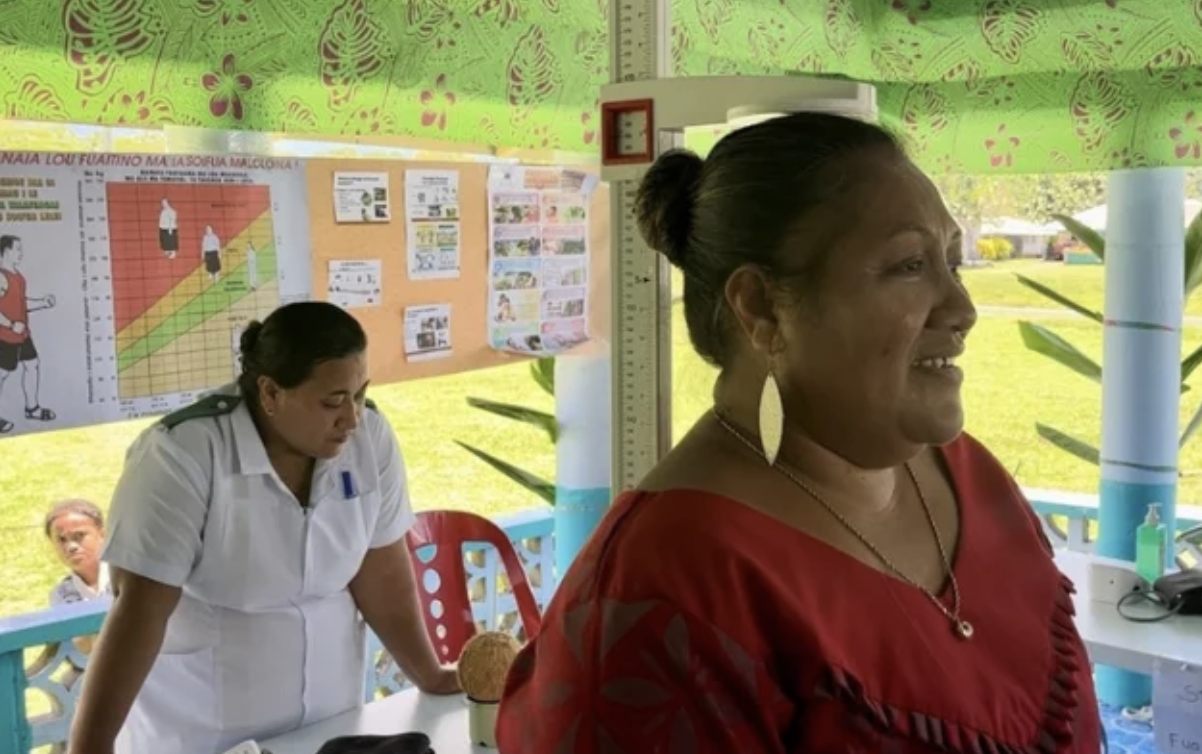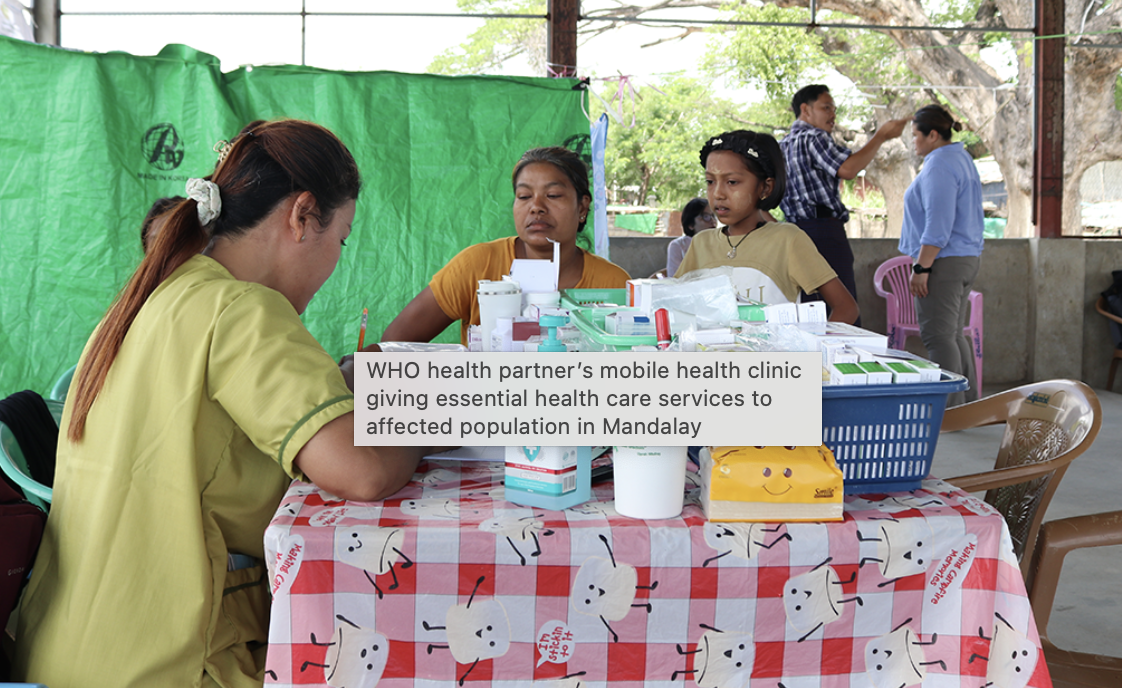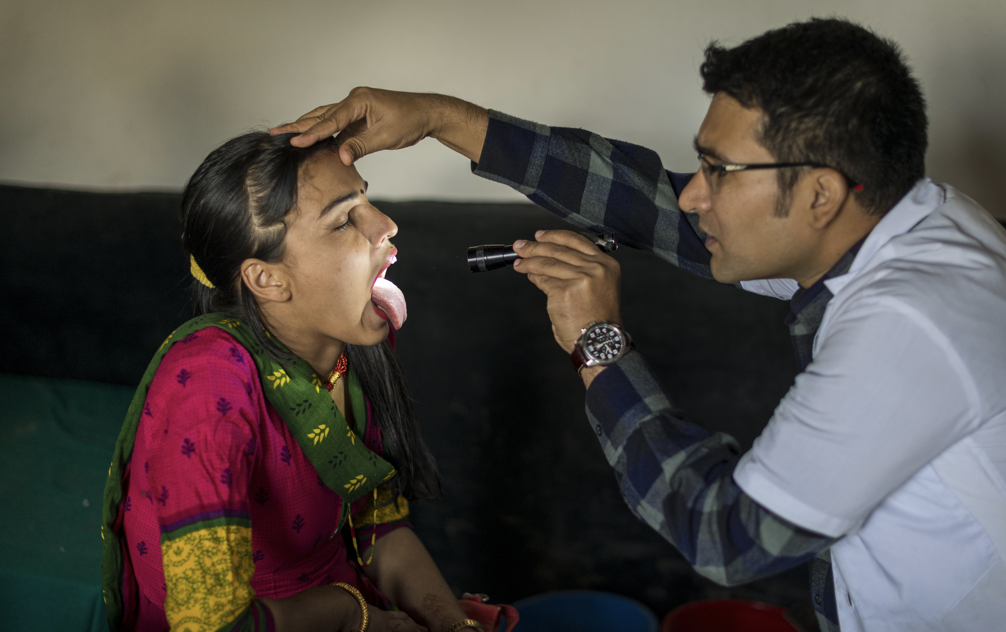
How Sri Lanka’s immunisation system is weathering an economic crisis
M. P. Nirmala, a 26-year-old woman who is a few weeks pregnant with her first child, embodies the confidence many Sri Lankan mothers feel about the country’s healthcare system. At the Divisional Hospital Thalangama, located about 9 kilometers from Colombo, Nirmala...

A new vision for universal health coverage in an age of global displacement
A Lancet Public Health article calls for a cosmopolitan approach to UHC that ensures migrants and refugees have equitable access to health care through global solidarity and inclusive financing.As global migration and displacement reshape societies, a new Lancet...

New OJK Regulation Requires 10% Co-Payment for Health Insurance Claims in Indonesia
The Financial Services Authority (OJK) will implement new regulations from January 1, 2026, requiring commercial health insurance products to adopt a co-payment scheme, coordinate benefits with the National Health Insurance program, and establish a Medical Advisory...
Reconfiguring health purchasing for universal health coverage: insights from Nepal with relevance to low- and middle-income countries
Nepal's shift to federalism and the National Health Insurance Program (NHIP) aimed for universal health coverage, but persistent structural flaws undermine strategic purchasing and system efficiency. The Ministry of Health and Population’s conflicting roles as...

Transforming Health Care Access in the Pacific Islands
The COVID-19 pandemic revealed the need to invest in the service capability and resilience of the health systems of Pacific Island countries. Responding to this need, the World Bank launched three Health System Strengthening operations in Samoa (2020), Kiribati...

Delivering Care When It’s Needed Most: The impactful Power of Fast Funding
The March 2025 earthquakes in Myanmar devastated health services, overwhelming facilities and leaving thousands in urgent need of care. With rapid, flexible support from the WHO’s Contingency Fund for Emergencies, critical health supplies, disease prevention measures,...

Nepal’s health insurance program: challenges and early impacts
Nepal’s National Health Insurance Program (NHIP), launched in 2016 to improve healthcare access and reduce costs, has faced low enrollment and high dropout rates due to concerns about service quality, lack of awareness, administrative delays, and affordability issues....

Tanzania turns to domestic taxes to close HIV and health funding gaps
Tanzania aims to raise Sh586.4 billion through new domestic taxes to close HIV and health financing gaps, as global donor support declines. The move marks a strategic shift in health financing.Tanzania has announced plans to raise Sh586.4 billion through new domestic...

Gavi and ADB to unlock sustainable immunisation financing in Asia
Gavi and the Asian Development Bank sign an agreement to expand health financing, support vaccine access, and strengthen health systems across 32 countries in Asia and the Pacific.Gavi, the Vaccine Alliance, and the Asian Development Bank (ADB) have signed a major new...

Health leaders chart path to sustainable, inclusive financing across the Commonwealth
At their 2025 meeting in Geneva, Commonwealth health ministers committed to long-term, equitable health financing, with a strong focus on innovation, primary care and support for vulnerable nations.At the 37th Commonwealth Health Ministers Meeting in Geneva, leaders...

Jordan launches 2020–2022 health accounts and unveils reform roadmap
Jordan’s Health Ministry launches National Health Accounts and COVID-19 spending review, setting the stage for a new reform plan to strengthen health financing and expand universal health coverage.The Jordanian Ministry of Health has officially launched the National...

Uzbekistan hosts policy dialogue and WHO course on health financing reform
Accelerating its health system transformation, Uzbekistan hosted a High-Level Policy Dialogue and WHO Barcelona Course on Health Financing for Universal Health Coverage (UHC) tailored to the country context. The event is organised by the World Health Organization and...

Irish Government publishes Path to UHC Programme 2025+
The new government administration in Ireland, elected at the end of 2024 recently published their plan for continuing on the path to UHC. In 2017, the ten-year Sláintecare health plan was launched. This plan update builds on findings from previous progress...

Uganda doubles health allocation to 1.5 billion USD in FY 2025/26 Budget
Uganda has nearly doubled its health sector allocation to USh 5.87 trillion in FY 2025/26, aiming to strengthen service delivery, address health worker shortages, and upgrade medical infrastructure.Uganda has announced a significant increase in its health sector...

China never had free healthcare before its market reforms
The perception of a universal "free" medical care system in China's planned economy era is largely a myth, as most urban healthcare costs were covered by state employers while rural populations had almost no insurance or access to medical resources. Government surveys...
